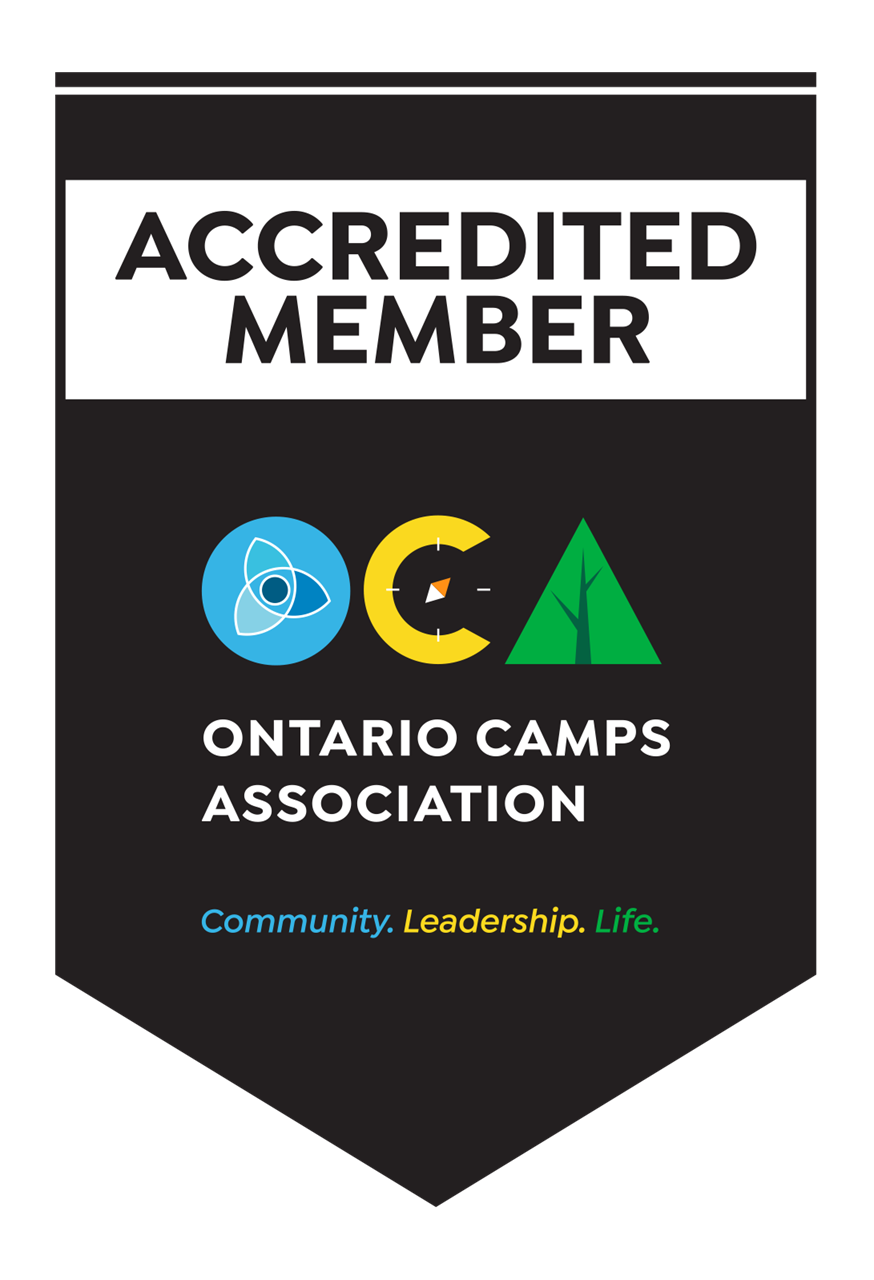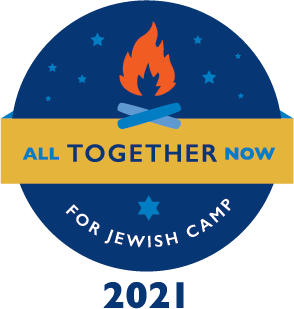Our Camp, Our History: A Timeline
|
1909
Jewish Girls' Club Social outlet for Jewish girls of working age in the city, later for school-age girls. Volunteer organization sponsored by the National Council of Jewish Women, funded by the Federation of Jewish Philanthropies. Camper Camperdown was its summer camp for girls. |
1920
B'nai Brith - Toronto Lodge 836
The fraternal Jewish men's service.
Camp B'nai Brith was its first camp for Jewish boys, located near Palermo, Ontario.
Moved from there to Long Branch, then Keswick.
B'nai Brith - Toronto Lodge 836
The fraternal Jewish men's service.
Camp B'nai Brith was its first camp for Jewish boys, located near Palermo, Ontario.
Moved from there to Long Branch, then Keswick.
|
1921
Jewish Boys' Club Organization with paid staff; lasted until 1937. Formed association with B'nai Brith organization, sending its boys to Camp B'nai Brith. |
1929
Camp B'nai Brith
Moved to Lake Couchiching, Orillia.
Camp B'nai Brith
Moved to Lake Couchiching, Orillia.
|
1938
YMHA (Young Men's Hebrew Athletic Club - est. 1901, succeeded by the Young Men's Hebrew Association in 1930). Started its first boys' camp: Camp Frailoch, in Torrance, Ontario. |
1941
Mothers' and Babes' Summer Rest Home Association
Sponsored in conjunction with the Jewish Family and Child Service. Offered vacation services for women and their children under the age of 8. Located near Barrie, on Lake Simcoe.
Mothers' and Babes' Summer Rest Home Association
Sponsored in conjunction with the Jewish Family and Child Service. Offered vacation services for women and their children under the age of 8. Located near Barrie, on Lake Simcoe.
|
1944
Camp Frailoch renamed Camp Northland And moved to Haliburton, Ontario. |
1945
Jewish Camp Council
Formed to consolidate camping services, in response to financial pressures and a growing belief that underprivileged families should not be stigmatized by being separated from the rest of the Jewish population of Toronto.
The council integration now included:
Camp B'nai Brith for girls on Lake Couchiching Camp Northland for boys in Haliburton Day Camp at the YMHA in Toronto.
Jewish Camp Council
Formed to consolidate camping services, in response to financial pressures and a growing belief that underprivileged families should not be stigmatized by being separated from the rest of the Jewish population of Toronto.
The council integration now included:
Camp B'nai Brith for girls on Lake Couchiching Camp Northland for boys in Haliburton Day Camp at the YMHA in Toronto.
|
1948
Mothers' and Babes' integration into camp council Family options offered, where a mother could take a vacation with her younger children, while older children went to the residential camp or children could attend one period in the city, one period in the country, in cases where both parents worked. |
1954
Camp Northland-Camp B'nai Brith ("Big Camp")
Camp B'nai Brith moved beside Camp Northland at the Haliburton site. The two camps were separate, but shared some facilities (notably, the dining hall), gradually integrating over time
Camp Northland-Camp B'nai Brith ("Big Camp")
Camp B'nai Brith moved beside Camp Northland at the Haliburton site. The two camps were separate, but shared some facilities (notably, the dining hall), gradually integrating over time
|
1964
"Little Camp" With capacity at the Haliburton site overflowing with baby boom campers, a satellite campsite was built on the land in Haliburton and opened in 1965. Camp Northland-B'nai Brith now had the space for 720 campers at one time, with Junior/ Intermediate Camp on the original location and Senior Camp across the lake. Day Camps ultimately were turned over to YM-YWHA, operating as part of the overall Jewish centre. |
1971
Parry Sound
Still not meeting the needs of Toronto's huge Jewish population of children, another campsite was purchased near Parry Sound, Ontario. At its peak, the three sites of Camp Northland-B'nai Brith had 1,050 campers plus staff in its cabins each period, enjoying all that camp allows.
Parry Sound
Still not meeting the needs of Toronto's huge Jewish population of children, another campsite was purchased near Parry Sound, Ontario. At its peak, the three sites of Camp Northland-B'nai Brith had 1,050 campers plus staff in its cabins each period, enjoying all that camp allows.
|
1975
Good Fellowship Lodge Demand for family vacations waning, service for seniors increasing. Mothers' and Babes' Rest Home Barrie site transitioned into use for this senior citizens' program. |
1978
Maple Lake Resort and Conference Centre
Urbanization creeping north, the Barrie site was sold in 1977. Changing demographics led to overall decreased enrolment and the Parry Sound site was re-built as a fully-winterized, year-round lodge. Maple Lake was used by Camp Northland-B'nai Brith for Winter Camp over school breaks as well as for senior groups, and a wide variety of groups from the Jewish community. It went on to be known as Good Fellowship Lodge when running its summer programs for seniors.
Maple Lake Resort and Conference Centre
Urbanization creeping north, the Barrie site was sold in 1977. Changing demographics led to overall decreased enrolment and the Parry Sound site was re-built as a fully-winterized, year-round lodge. Maple Lake was used by Camp Northland-B'nai Brith for Winter Camp over school breaks as well as for senior groups, and a wide variety of groups from the Jewish community. It went on to be known as Good Fellowship Lodge when running its summer programs for seniors.
|
1982
NBB With population changes, needs changed and Senior Camp was closed in 1982. Over the following 20 years, many of the buildings were brought to the north side of the lake. They have been re-purposed and remain in use today. Senior camp is still used for cook-outs and other activities and is known by this generation of campers and staff as West Beach. Camp was expanded, with Camp NBB now having the capacity for 600 Junior, Intermediate, Senior campers and CITs at one time. |
1998
Further consolidation
The Maple Lake Resort on the Parry Sound location was sold to the Canadian Council for Reform Judaism and is once again being used as a children's camp - Camp George.
Further consolidation
The Maple Lake Resort on the Parry Sound location was sold to the Canadian Council for Reform Judaism and is once again being used as a children's camp - Camp George.
|
TODAY
Camp NBB Continues to thrive at its original Haliburton location On beautiful Moose Lake. Remaining true to its 108-year legacy, Camp Northland-B'nai Brith strives to give every child an amazing Jewish camp experience |




